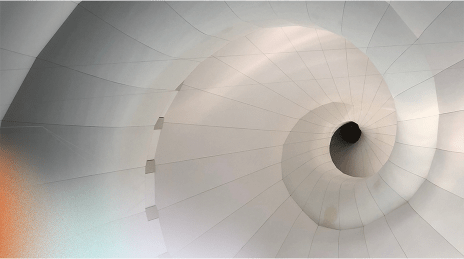On behalf of Mina Foundation, thank you for being a part of one of the biggest and most active communities committed to decentralization, and for participating in the recent Mina Improvement Proposal 1 (MIP1) vote regarding whether to remove supercharged rewards in line with initial tokenomics. Your engagement and feedback is deeply valued and essential for improving the overall on-chain voting process and the Mina Protocol.
A special thank you to MIP1 author and community member Gareth Davies (garethdavies#4963) for proposing this MIP. We would also like to acknowledge all the MIP editors, including Brett Carter, Nathan Holland, Brian McKenna, Joseph Spadavecchia, and Philipp Kant, as well as discussion participants 45930#8225, flushthefashion#5369, Boston Mike#0643, Comdex#3801, carbonara | WeStake.Club ⚡#5880, jrwashburn#0765 and KP#3465. We also appreciate all the community members who engaged and contributed to this process, from attending the MIP1 review call, to participating in the voting process, and sharing feedback. Together we are working towards realizing a user-owned decentralized web.
Please see the voting results of MIP1 and links to more information about the MIP process below.
MIP1 Voting Results
Voting resulted in 98.47% in favor and 1.53% not in favor of MIP1. To view the results, ecosystem partner Granola Systems developed a results dashboard that displays the on-chain voting results from the MIP1 vote.
See an overview of participation in the MIP1 vote below, based on Epoch 45 next staking ledger:
Vote stake: 227613505.41039
Total stake: 994001117.83985
Please note: voting results are weighted based on account stake. If an account delegates and then also votes (having delegated), then this direct vote has zero weight since the account has already delegated away its stake. In this scenario, the text “Stake Delegated” will display in the Weighted Stake and Weighed Stake % columns.
You can find Granola Systsem’s archive node’s ledger dumps on GitHub. You can also independently verify the code, logic, and results using this set of instructions. If you find an issue or have a question, please share your feedback here.
Next Steps
As a next step, this MIP requires a hardfork of the protocol for implementation. As such, it will be incorporated into the hardfork release planning process and eventually become a part of Mina Protocol.
To learn more about the on-chain voting process and upcoming MIPs, please see ‘On-chain voting for Mina Improvement Proposals (MIPs),’ part 1 and part 2 on the Mina blog, and review the on-chain voting FAQ on Mina Research.
Thank you again for contributing to this important process and being a part of the Mina Ecosystem.
Mina Foundation and its ecosystem partners, including O(1) Labs, are committed to decentralized governance through on-chain voting.
About Mina Protocol
Mina Protocol is being incubated by O(1) Labs, the leader in zk-SNARKs and verifiable computation. Mina Protocol, the world’s lightest blockchain, provides a foundation for the decentralized digital economy (Web 3.0), by affording all participants fully P2P, permissionless access to the chain, from any device. By utilizing recursive zk-SNARKs, the Mina blockchain always stays the same size — about 20 kilobytes (the size of a few tweets). Recursive zk-SNARKs allow nodes to rapidly share and update proof of the correct blockchain state across the network. This breakthrough application of zk-SNARKs solves the issues of scalability and high barrier to entry for nodes that have plagued legacy blockchains to-date. By making it easier for nodes to participate, Mina improves decentralization and therefore security of the network. The Mina blockchain can be easily accessed from any device, including phones and browsers, and can be seamlessly integrated into new decentralized applications (dapps).




